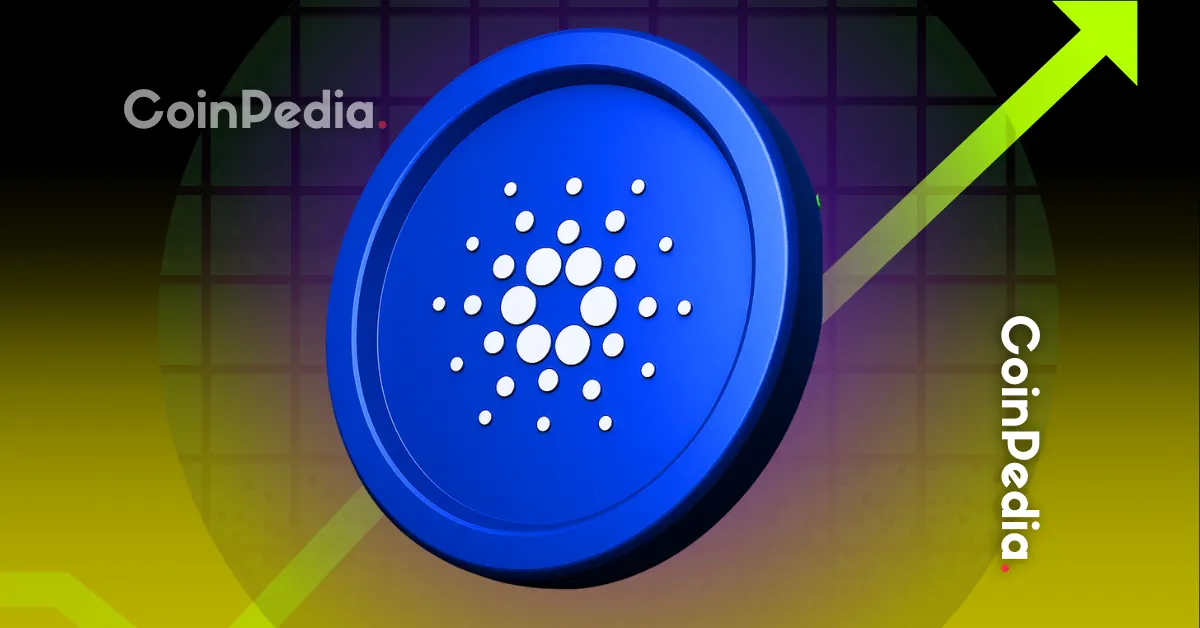
Cardano’s Ouroboros Leios proposal is now open for community review.
Users discuss potential trade-offs for speed, security, and decentralization.
Community approves 96M ADA worth $71M to support a year of core upgrades.
Cardano is advancing its long-planned upgrade aimed at increasing network throughput and is inviting the community to weigh in.
The “Ouroboros Leios” Cardano Improvement Proposal (CIP) is now publicly available in the Cardano Foundation’s repository.
On August 27, Input Output’s Director of Software Architecture, Nicolas “BeRewt” Biri, announced the public release of the Leios CIP. Although too early to celebrate the upgrade, he notes that this submission is a significant milestone, and the team wants to ensure the community agrees with it first.
Reviewing Design and Trade-Offs
Biri said that the team is reviewing the design choices and trade-offs. The coverage areas include the detailed Leios variant, implementation materials (formal specifications and mini-protocols), trade-offs, potential positive effects on script budgets, and resistance to attacks.
He added that the team had planned to submit the PR by the end of August. The draft now includes feedback on failed transactions and aims to have minimal impact on dApps.
Community Debates Security, Speed, and Decentralization
Not all community members are convinced that Cardano can achieve higher throughput without compromise.
One user questioned whether the network would need to make the same trade-offs as Solana to achieve speed. Biri responded that Cardano deliberately avoided that path, opting for a balance that does not sacrifice decentralization or security.
He added that Cardano’s security model limits certain speed optimizations, meaning that matching Solana’s speed would require reducing decentralization, reliability, or cost efficiency. So far, the Cardano community has not been willing to take that approach.
Community Approves $71M Funding For Upgrades
Earlier this month, the Cardano community approved 96 million ADA (around $71 million) to fund a year-long series of core upgrades.
The proposal passed with 74% approval, marking the first time treasury funds have been directly allocated to core development.
With these moves, Cardano is taking a major step toward high-throughput, scalable, and community-driven development.
Never Miss a Beat in the Crypto World!
Stay ahead with breaking news, expert analysis, and real-time updates on the latest trends in Bitcoin, altcoins, DeFi, NFTs, and more.
FAQs
It’s a Cardano Improvement Proposal (CIP) designed to significantly increase network throughput while maintaining decentralization and security, now open for community review.
The upgrade aims to boost transaction throughput and scalability while minimizing impact on dApps and maintaining the network’s security model and decentralization.
It includes formal specifications, implementation details, script budget improvements, attack resistance measures, and handling of failed transactions.
Trust with CoinPedia:
CoinPedia has been delivering accurate and timely cryptocurrency and blockchain updates since 2017. All content is created by our expert panel of analysts and journalists, following strict Editorial Guidelines based on E-E-A-T (Experience, Expertise, Authoritativeness, Trustworthiness). Every article is fact-checked against reputable sources to ensure accuracy, transparency, and reliability. Our review policy guarantees unbiased evaluations when recommending exchanges, platforms, or tools. We strive to provide timely updates about everything crypto & blockchain, right from startups to industry majors.
Investment Disclaimer:
All opinions and insights shared represent the author's own views on current market conditions. Please do your own research before making investment decisions. Neither the writer nor the publication assumes responsibility for your financial choices.
Sponsored and Advertisements:
Sponsored content and affiliate links may appear on our site. Advertisements are marked clearly, and our editorial content remains entirely independent from our ad partners.








